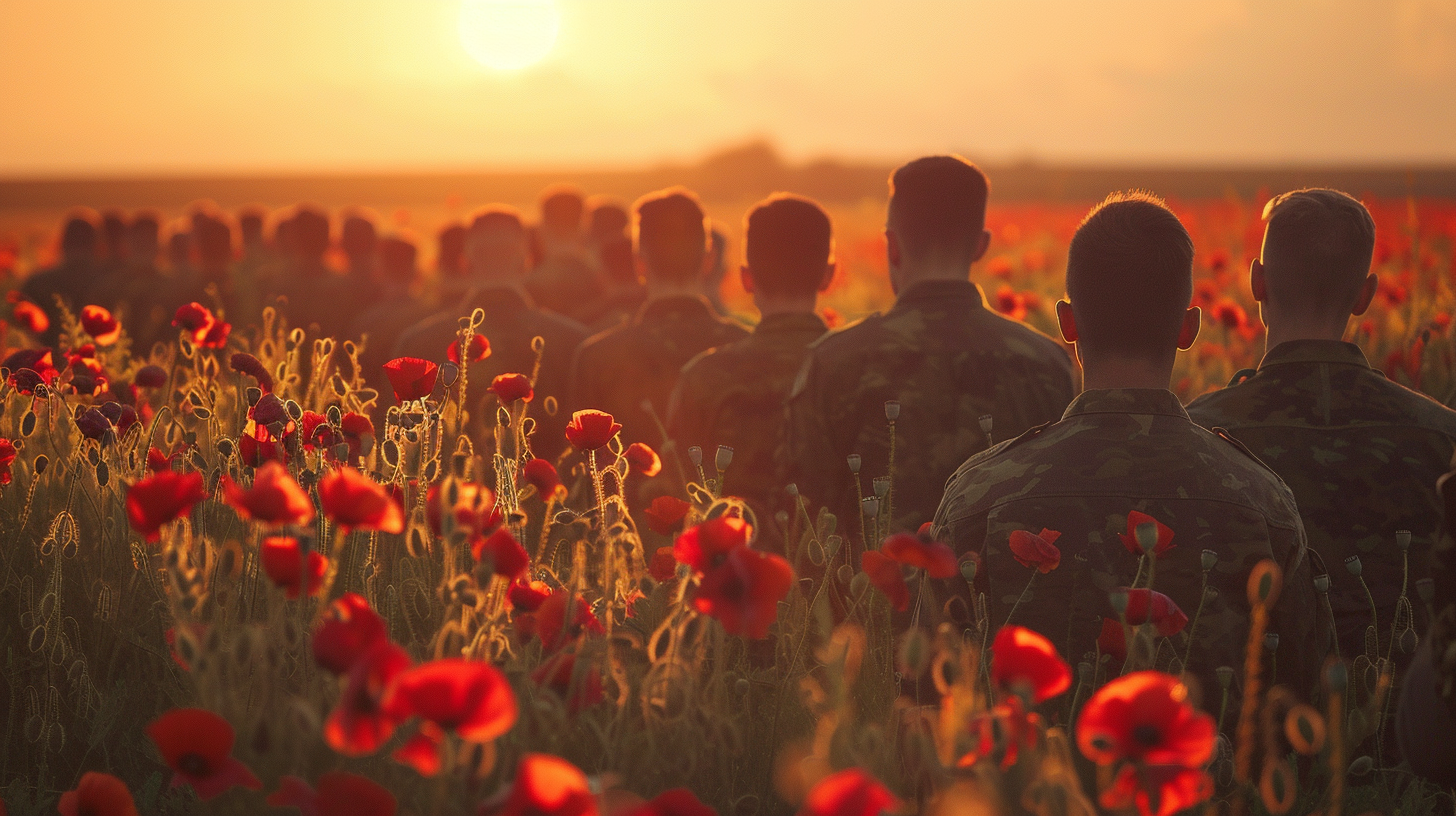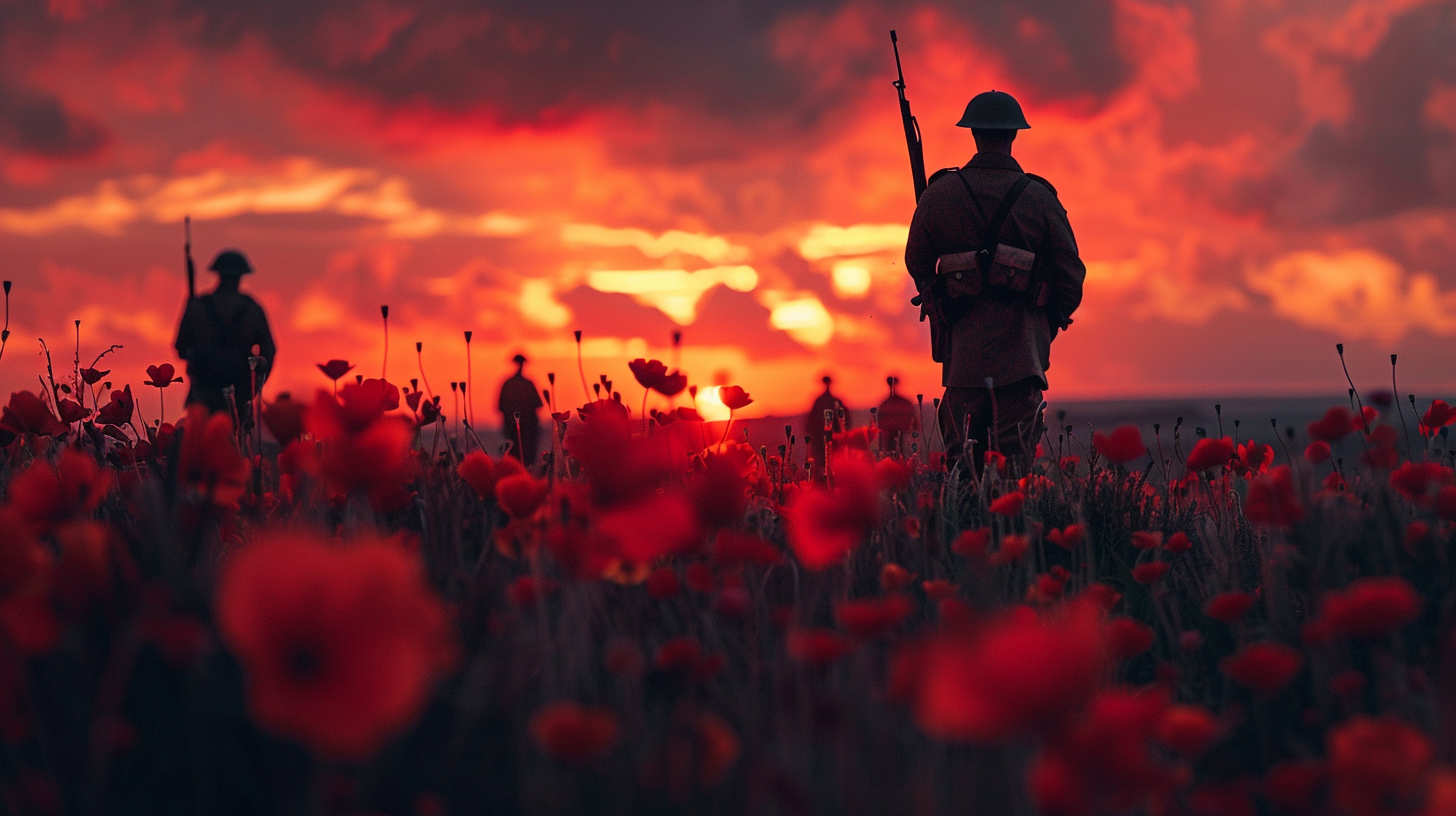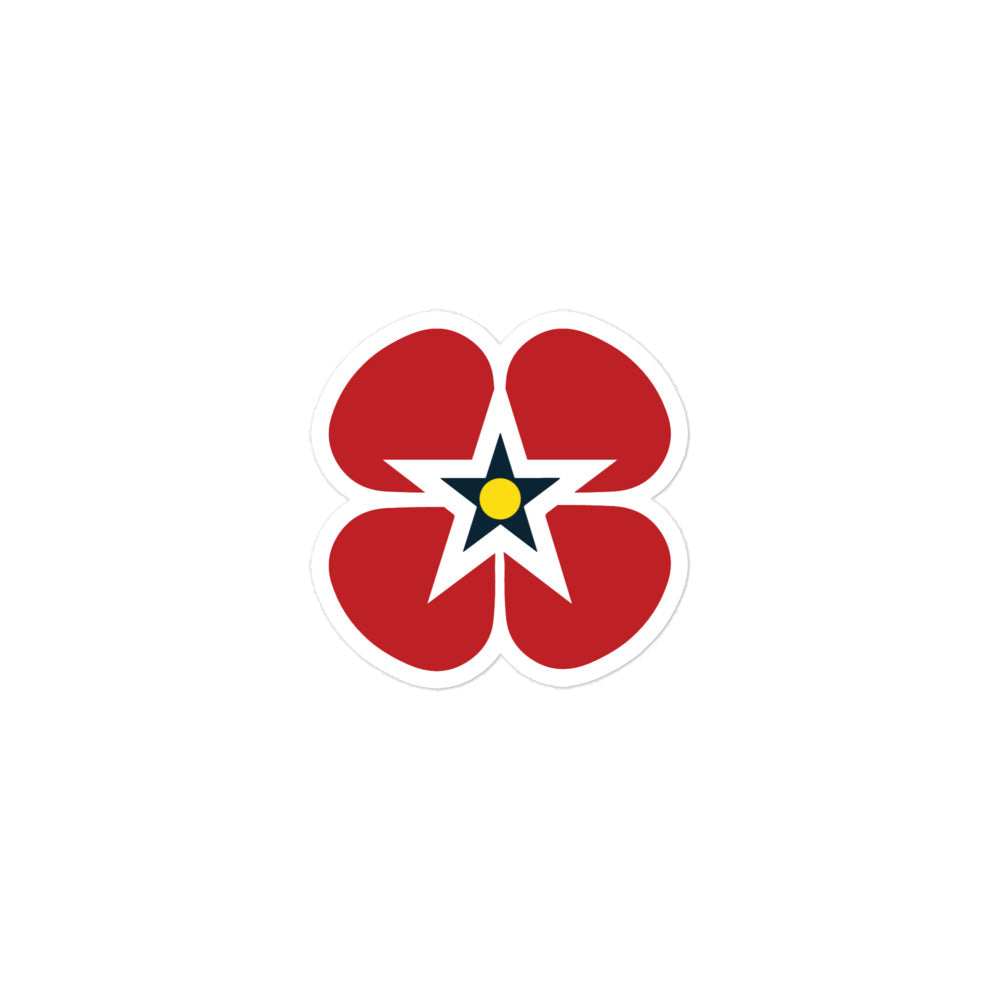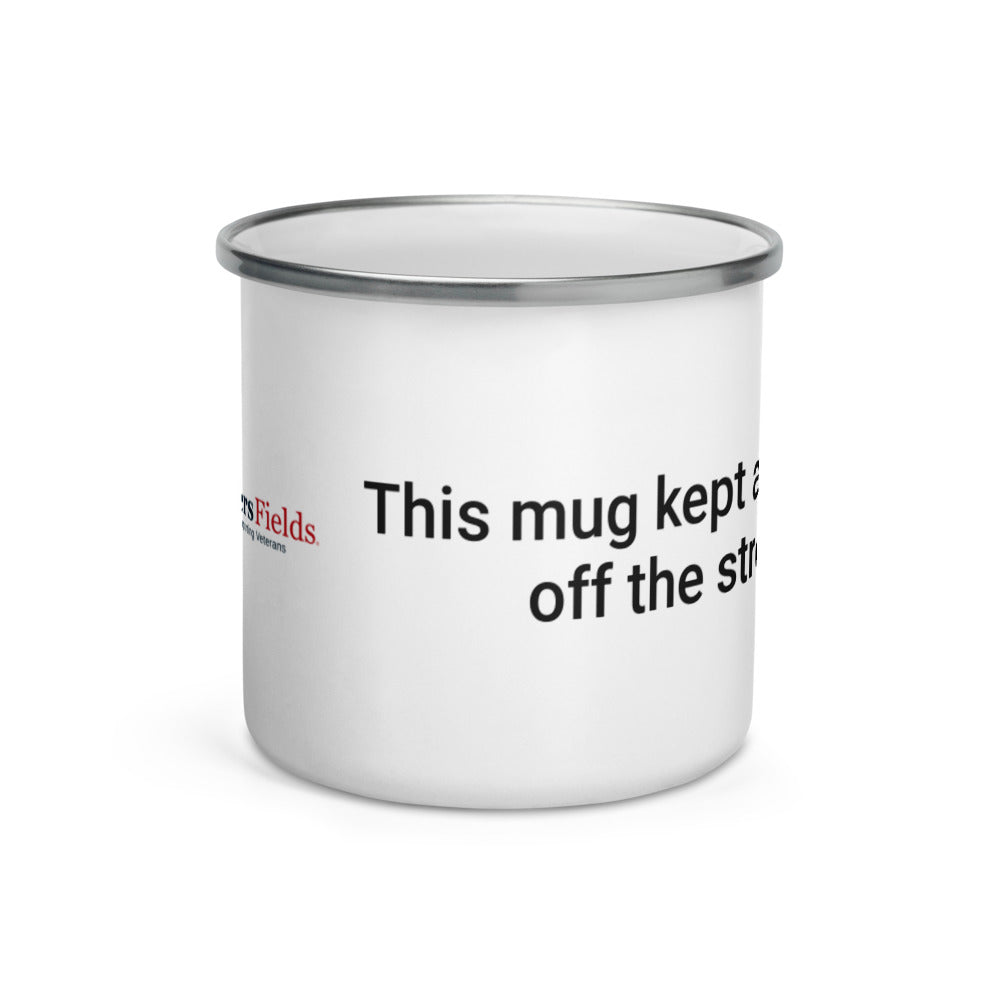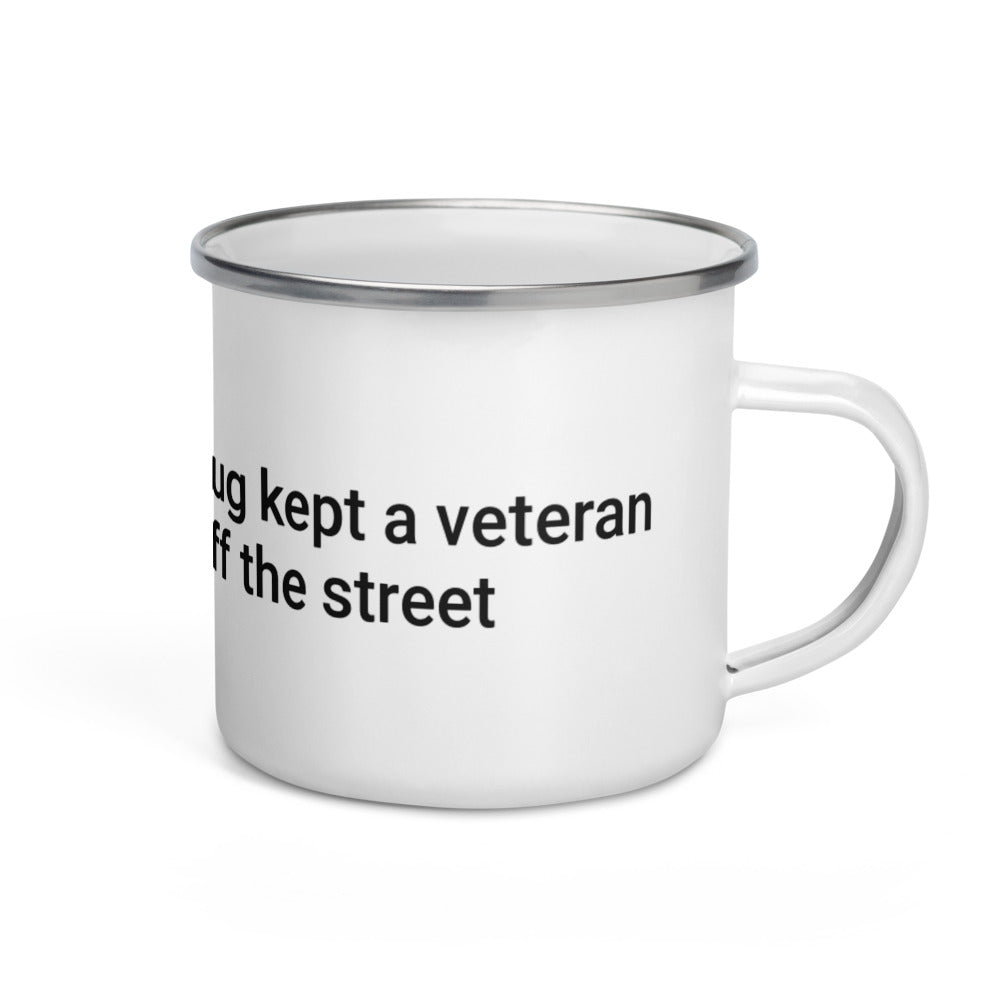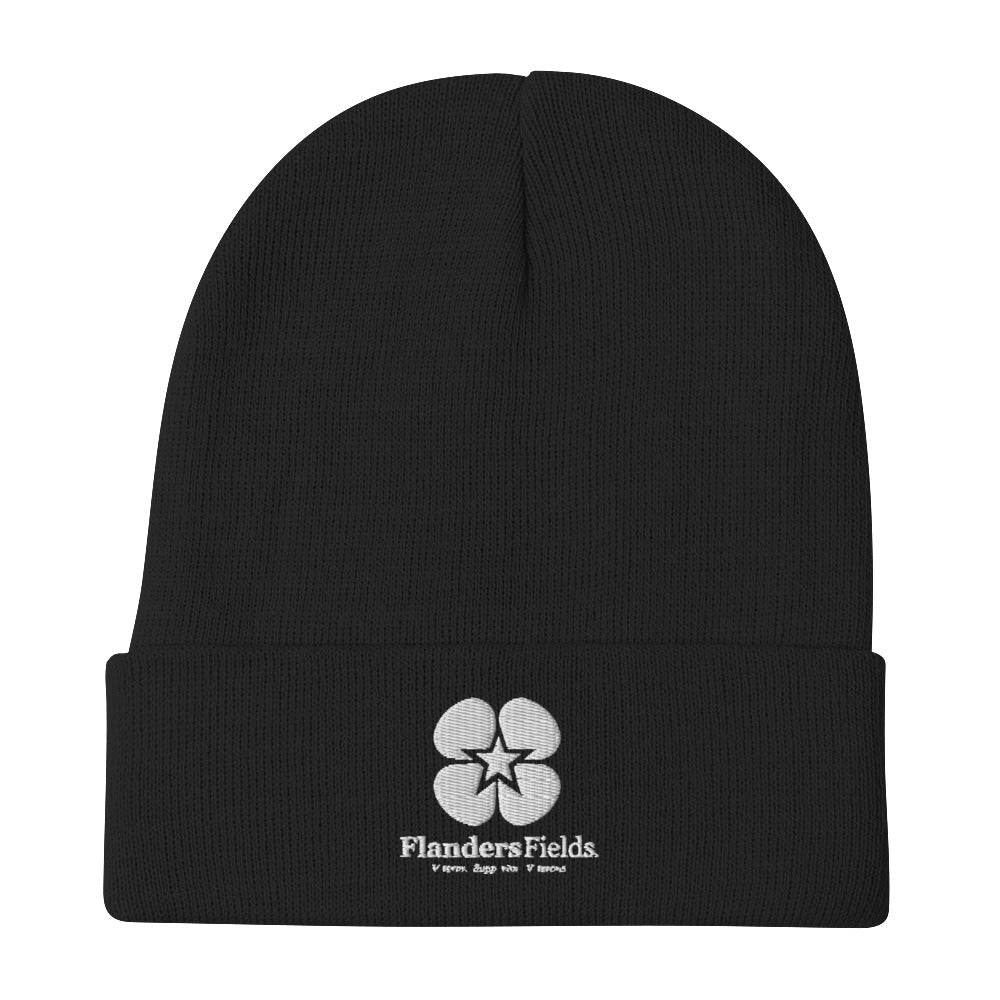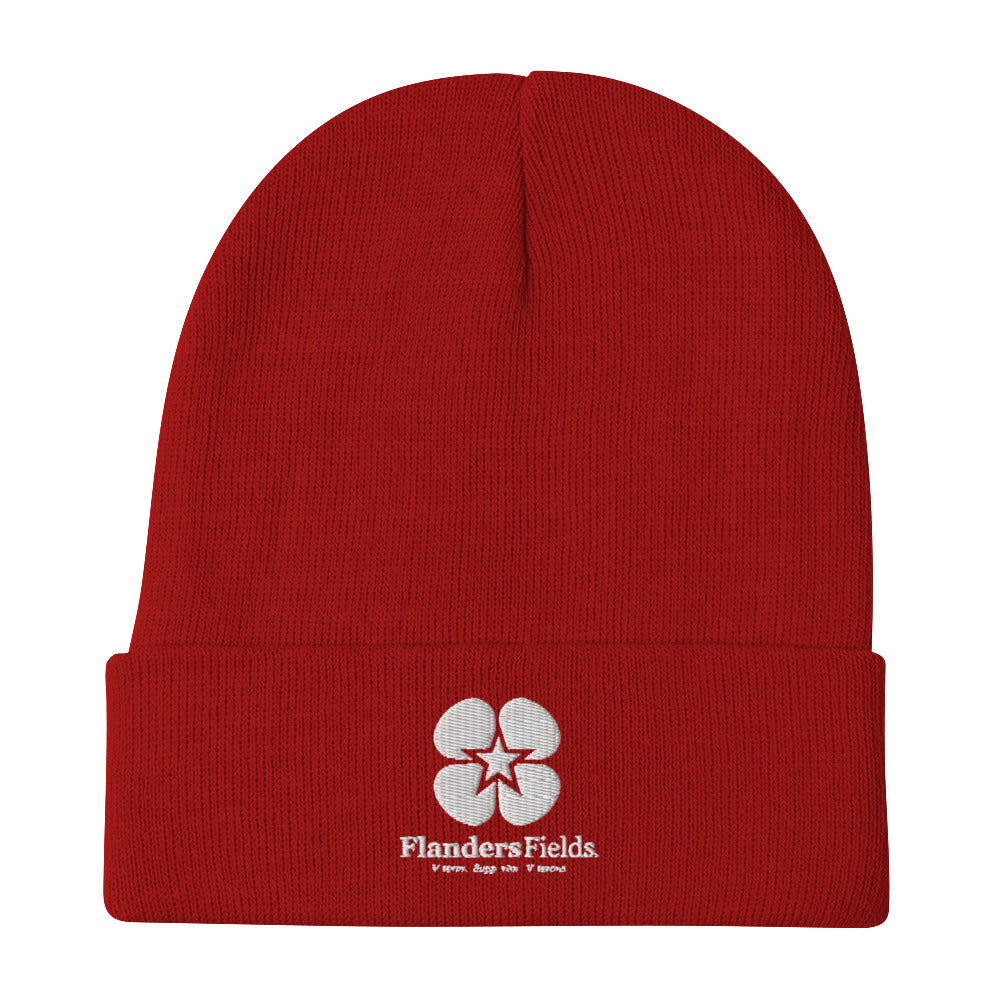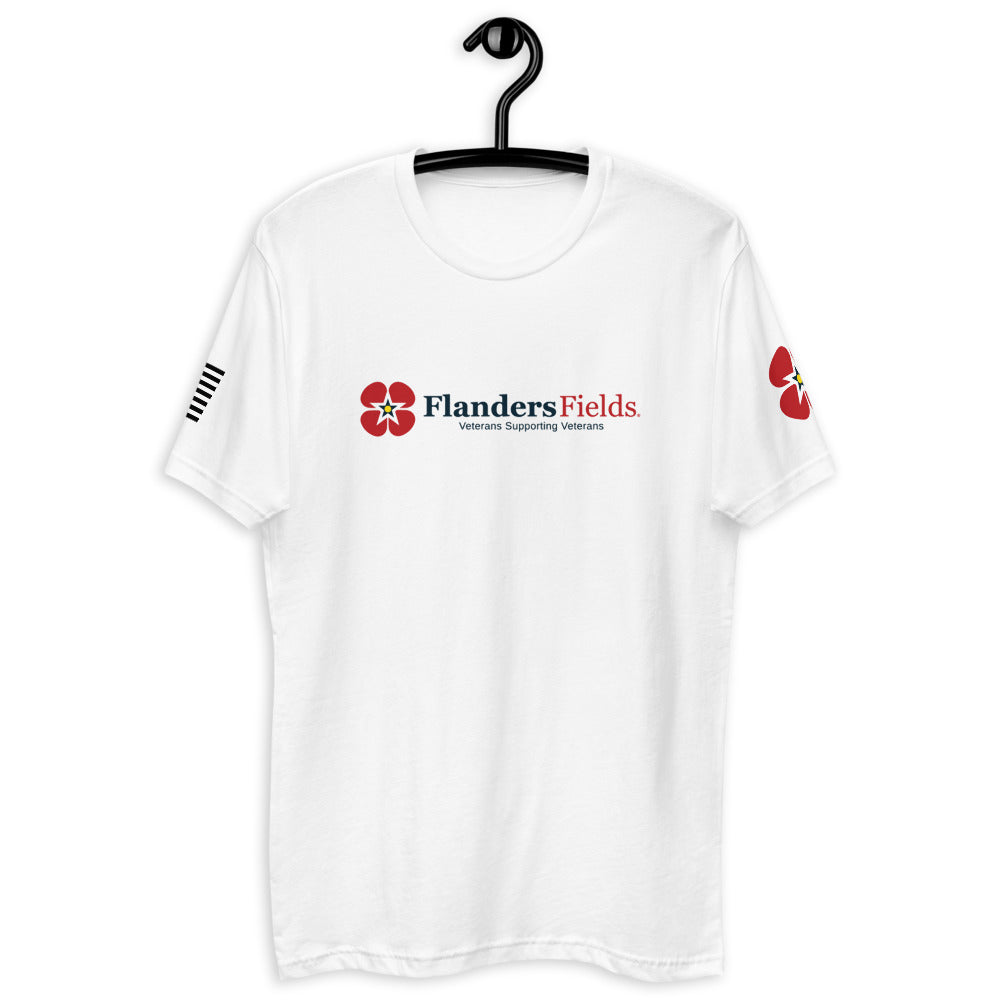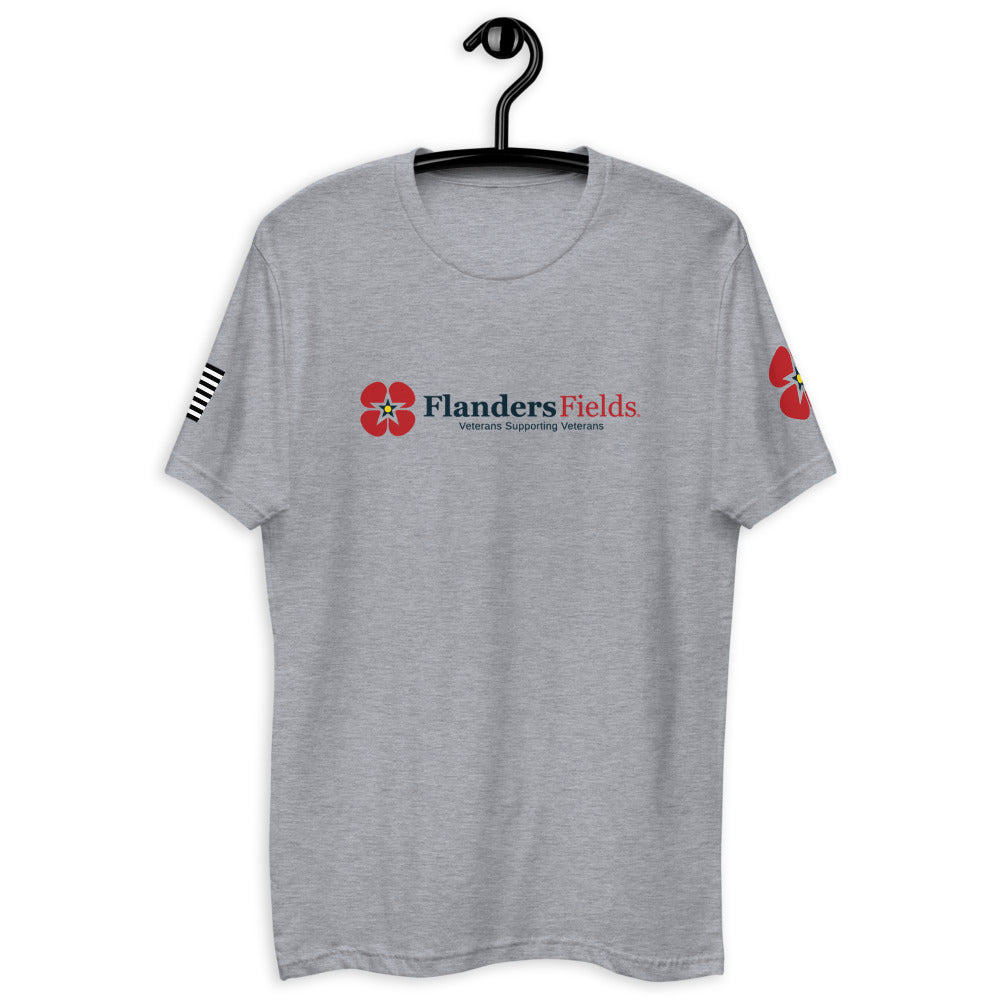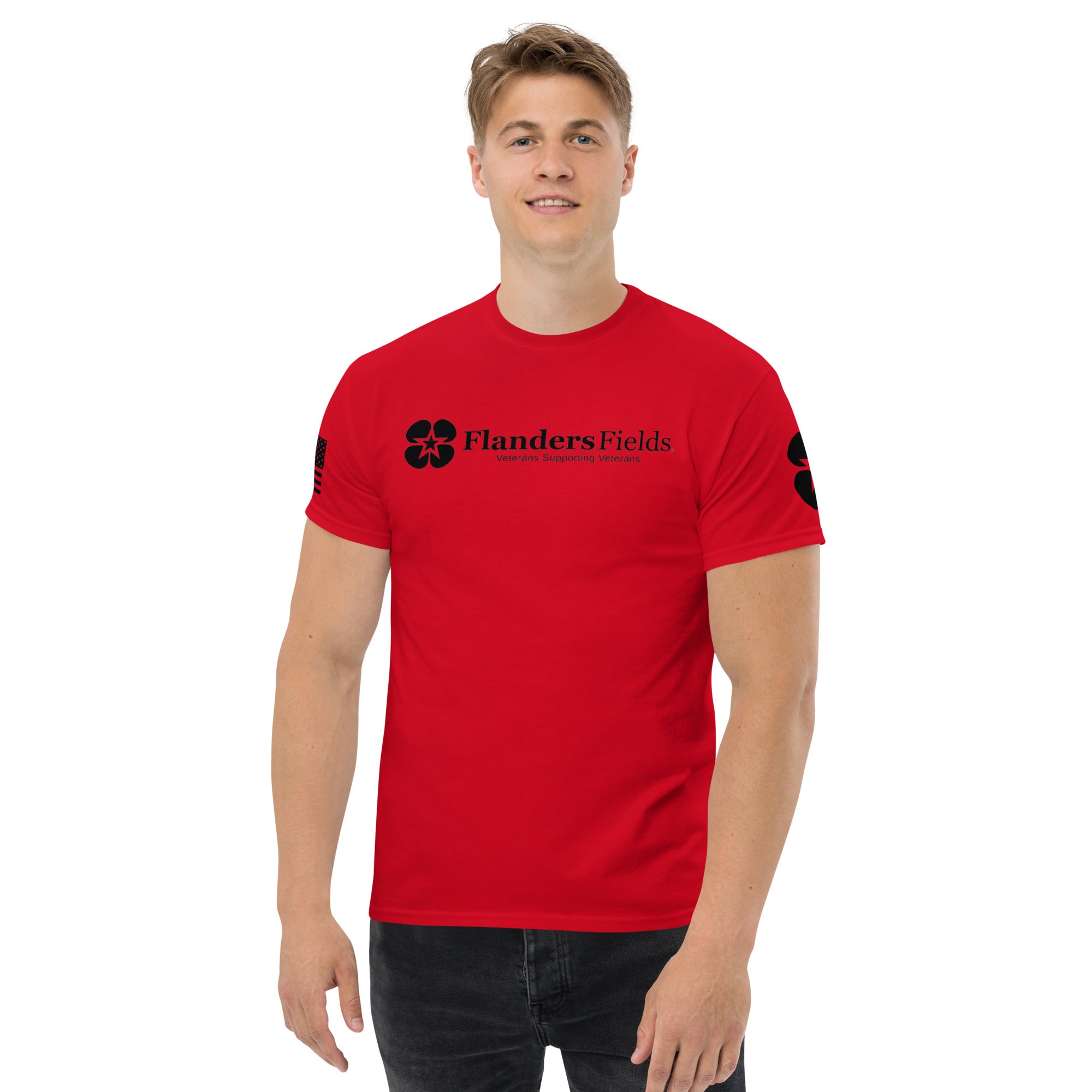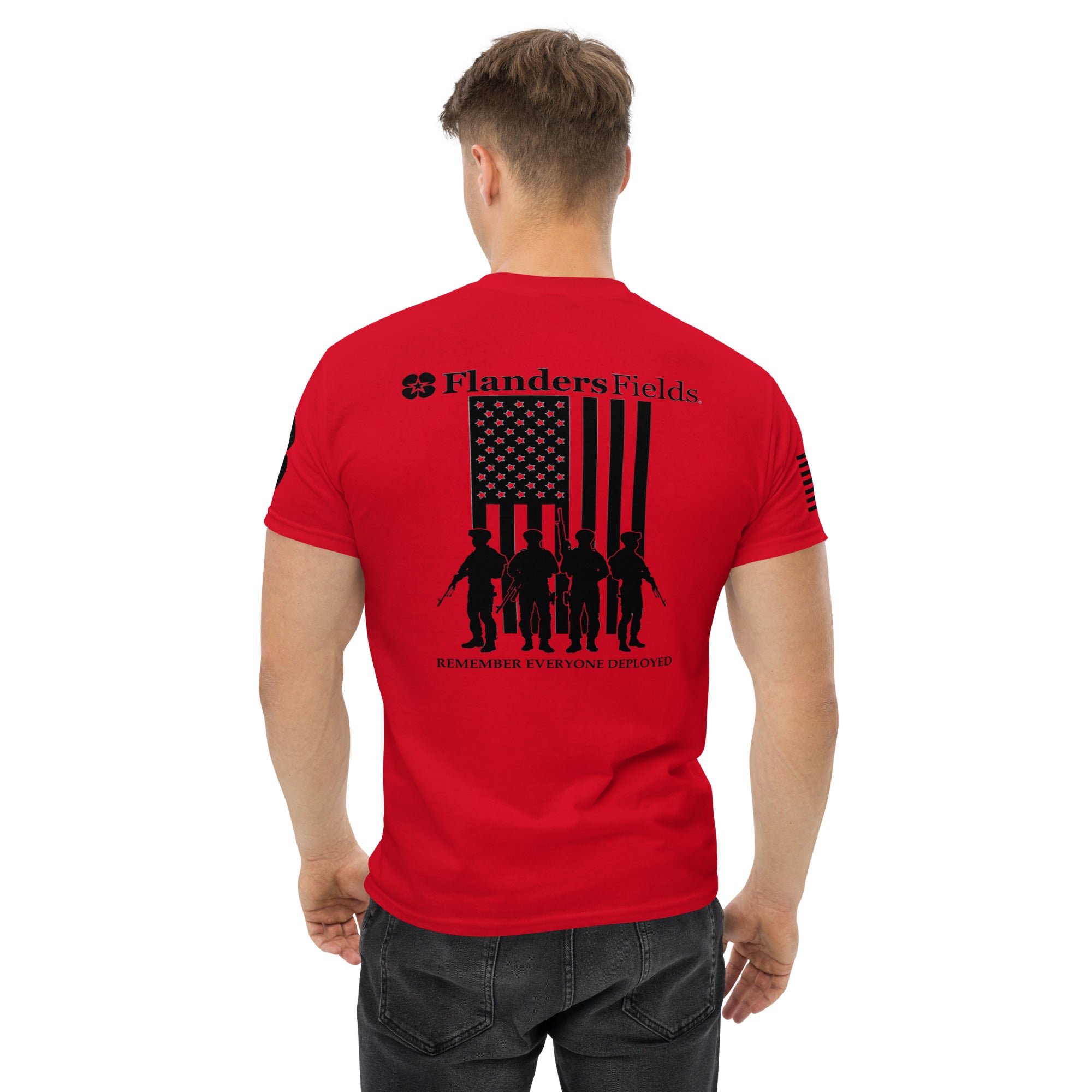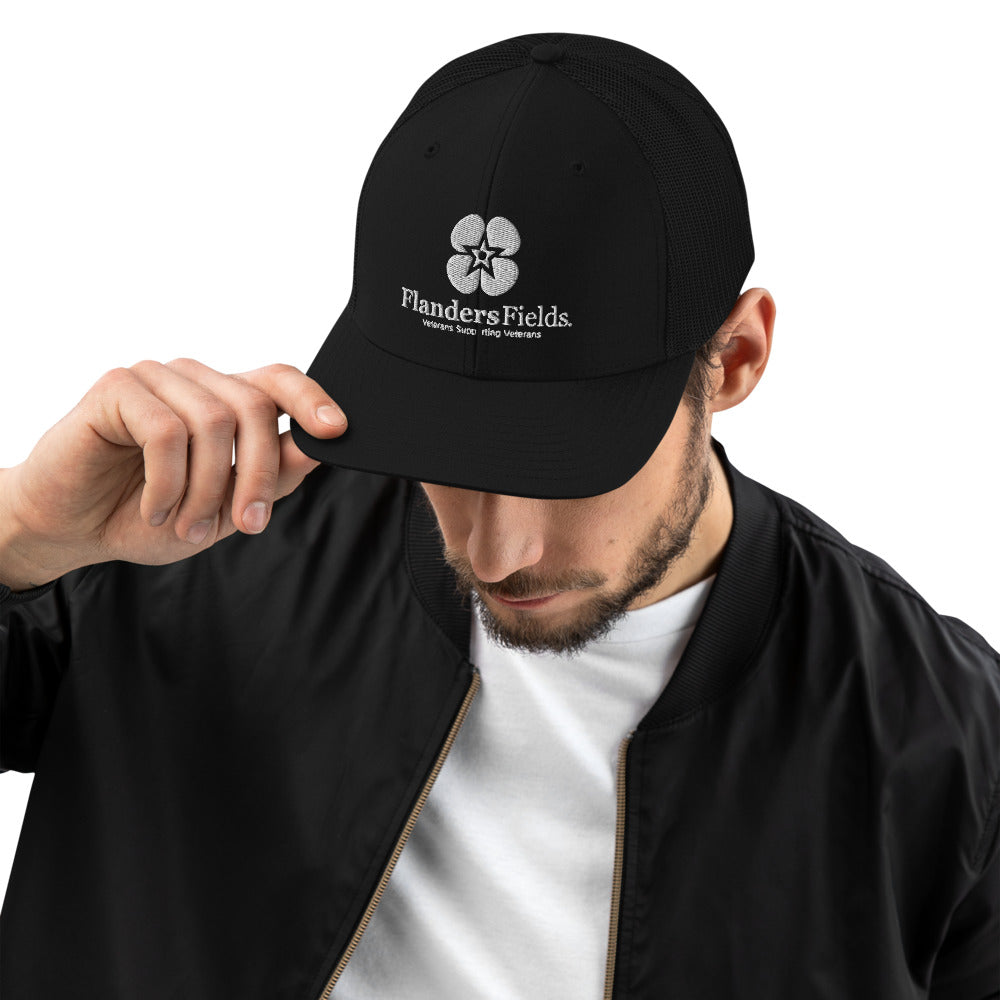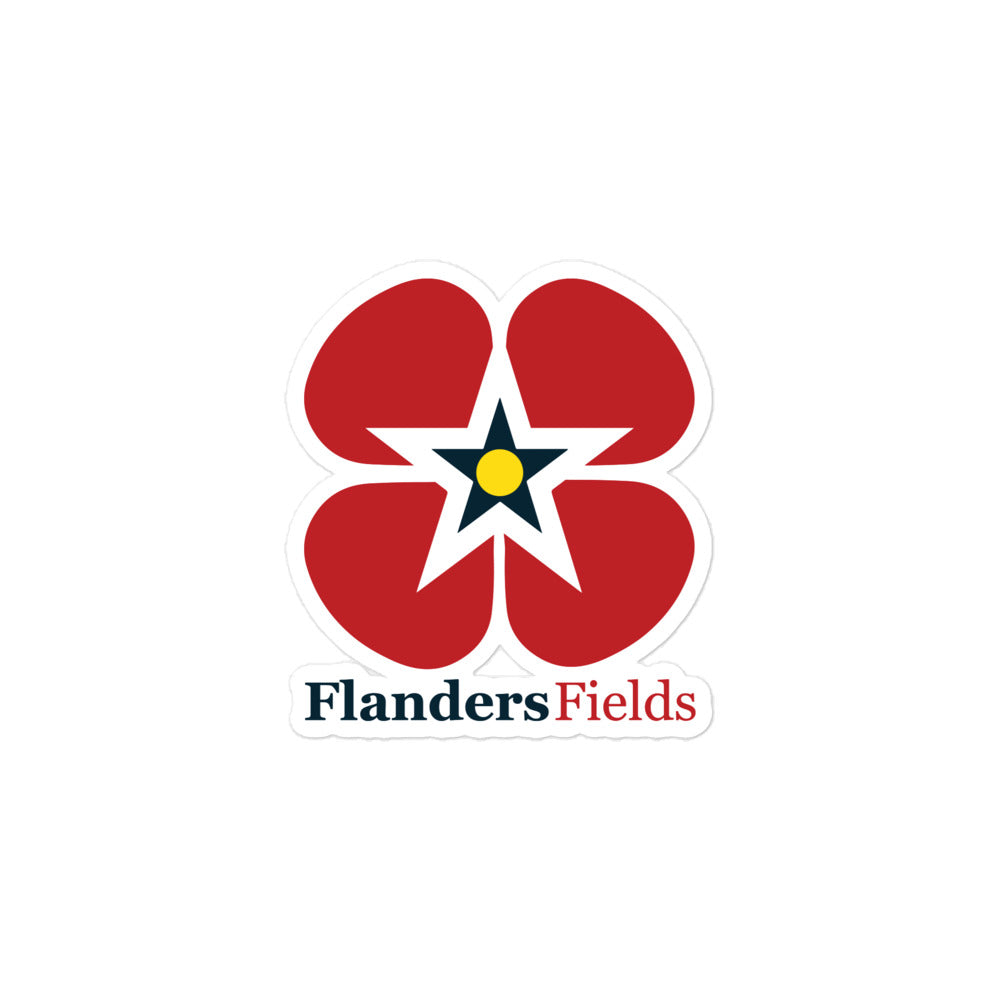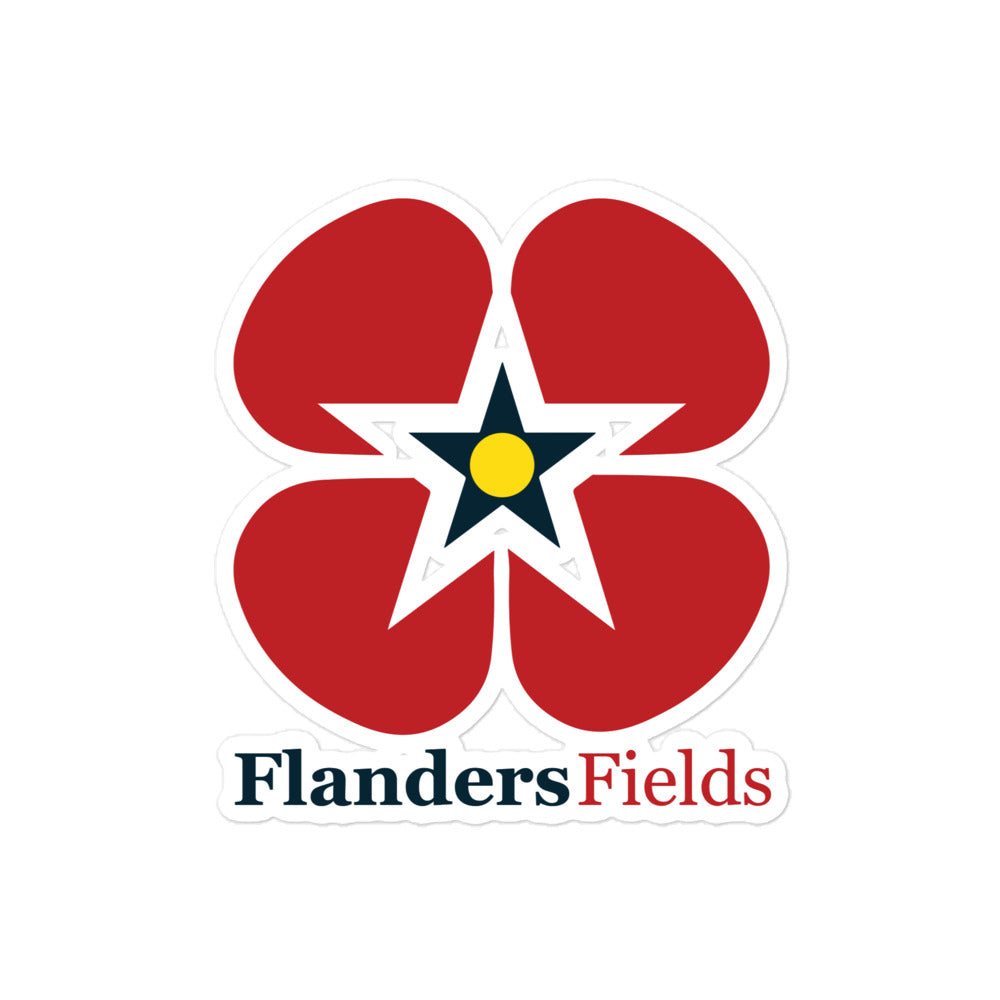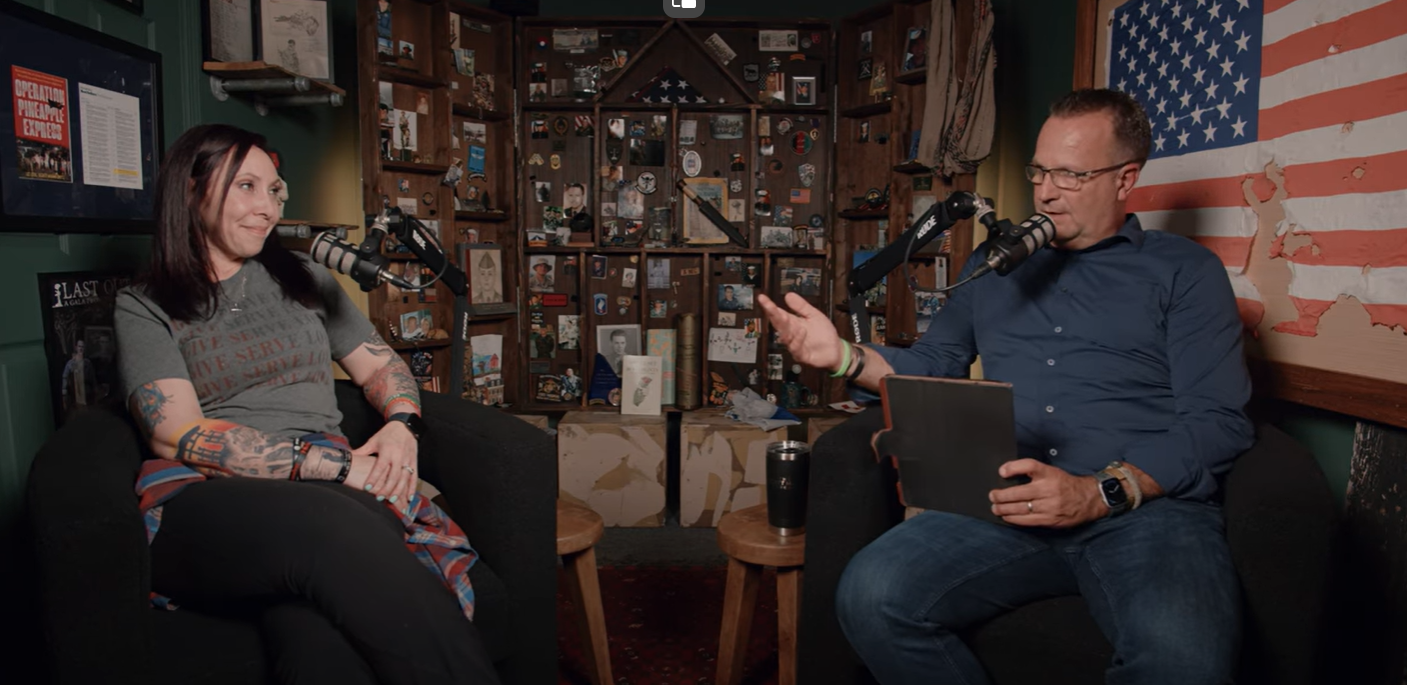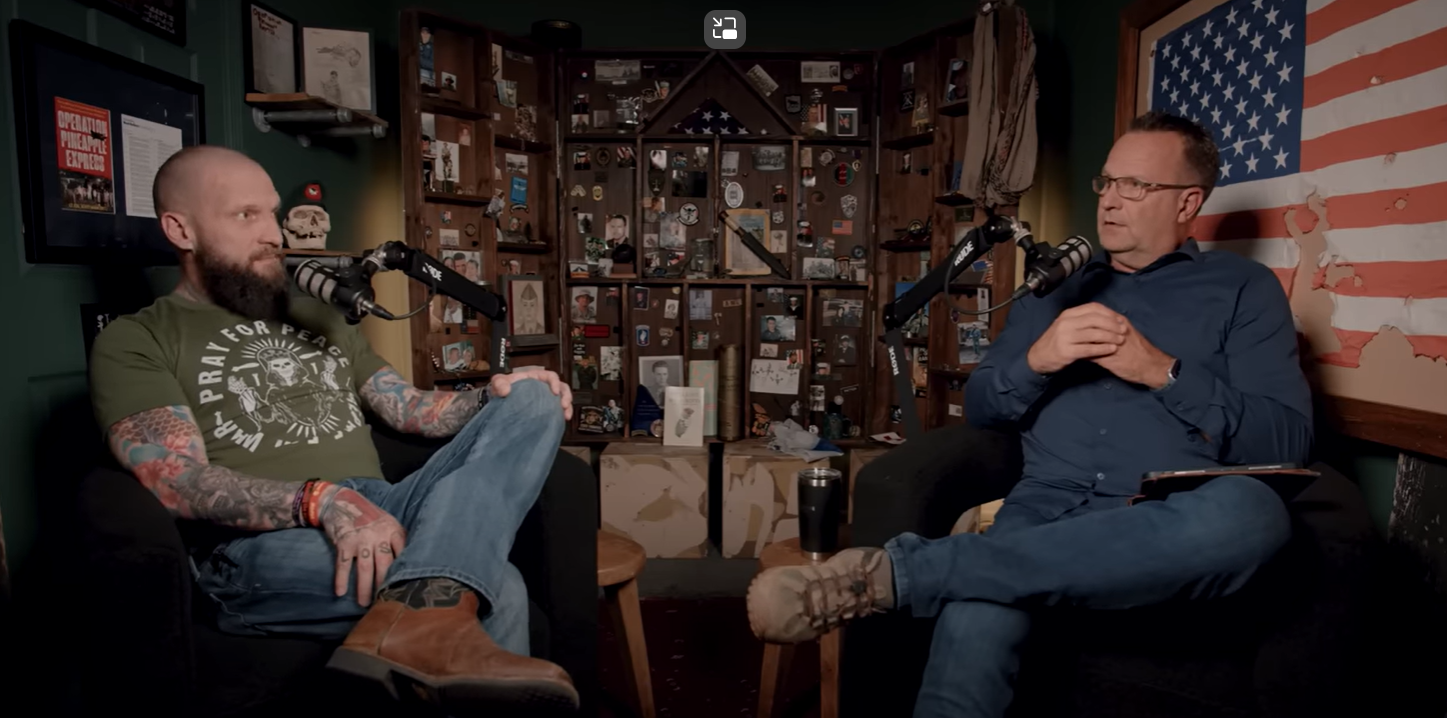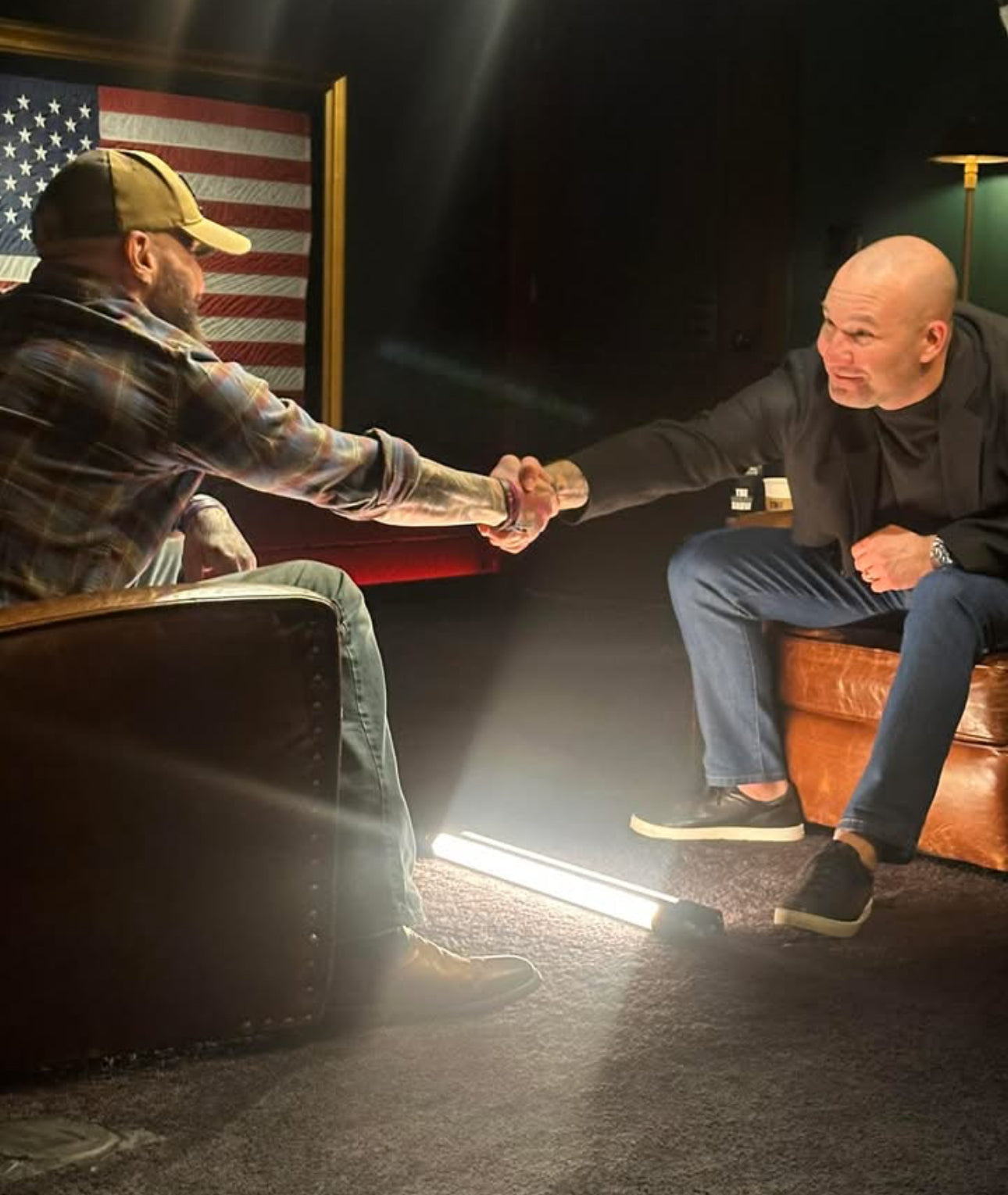Thank you!
Our Mission and Values
At the heart of Flanders Fields lies a commitment to honor our heroes' sacrifices by supporting their journey to empowerment and civilian success.
MAKE A DONATION
Your generosity fuels vital programs offering hope and support to veterans in need.
Donate TodayPartner With Us
Together, we can amplify our impact. Explore how your organization can join forces with us
Become a PartnerMake a donation today

$150 supports a veteran in need for one week - relieving them of the cost of rent, utilities, basic supplies, and transportation - so they can focus on healing. Help shoulder the burden for someone who's already given so much.
Your generous, tax-deductible donation to Flanders Fields will be put to incredible use, supporting millions of injured veterans, caregivers, and family members. It's because of your contribution that we can help bring aid to every one of our veterans in need.
Meet our team
Meet the passionate individuals behind Flanders Fields. From strategic visionaries to compassionate advisors, our team is dedicated to making a real difference.
Shop to Support
Apparel
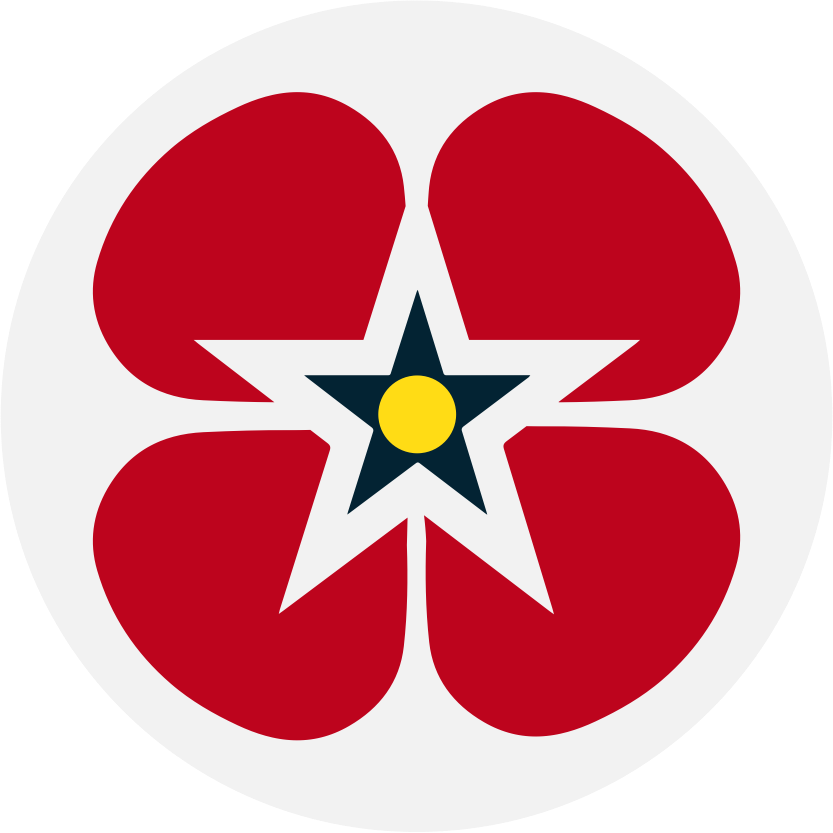
Shop to Support
Wear Your Heart on Your Sleeve
Our collection isn’t just apparel; it's a movement. Each purchase funds our mission, helping veterans and their families rebuild and thrive. Explore our Men’s, Women’s, and Youth Apparel and be a beacon of hope and support.
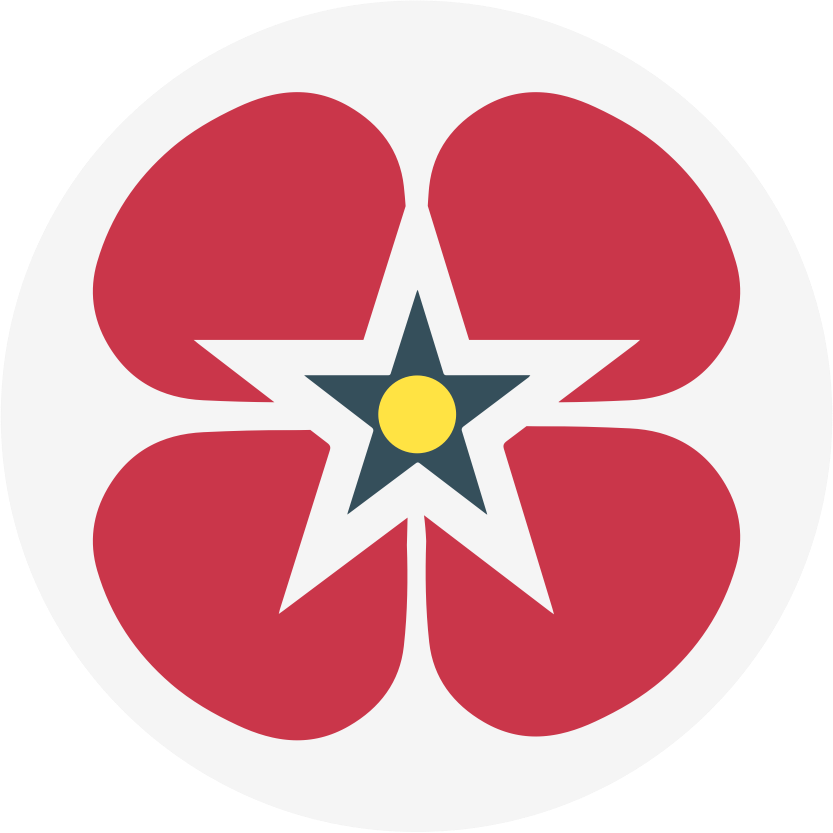
Donate
Every Contribution Counts
Your generosity fuels our efforts—from life-changing programs for veterans to critical support for families escaping conflict. Donate now and make an immediate impact on the lives we serve together.
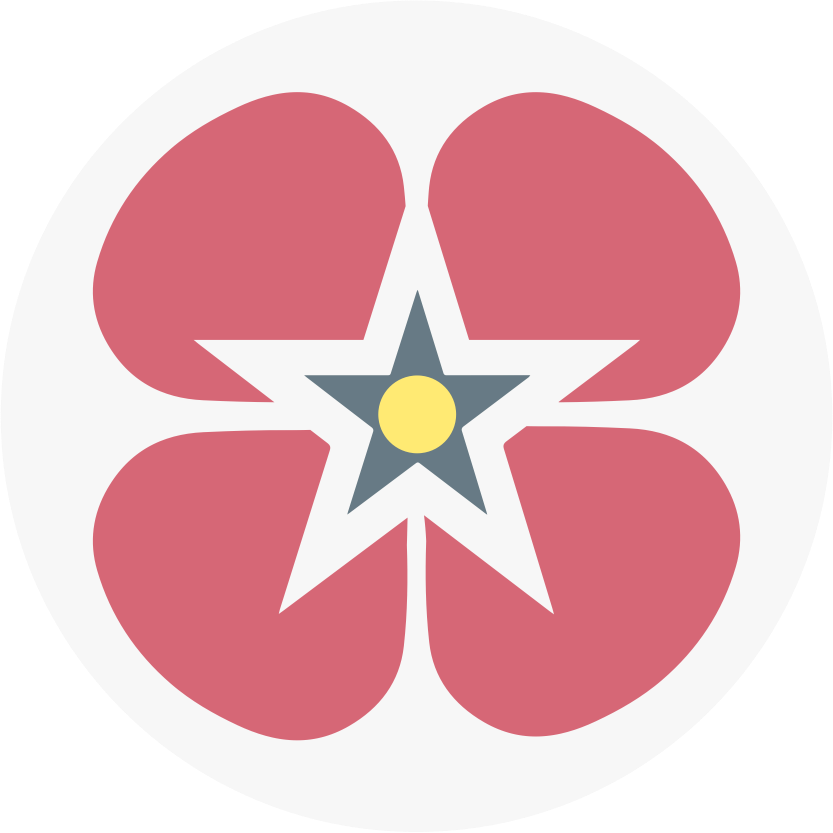
Get Involved
Your time, your voice, your partnership—it all makes a difference. Whether volunteering your skills, spreading awareness, or aligning your organization with our cause, your involvement brings us closer to a world where every veteran and their family finds hope and support.
Volunteer
